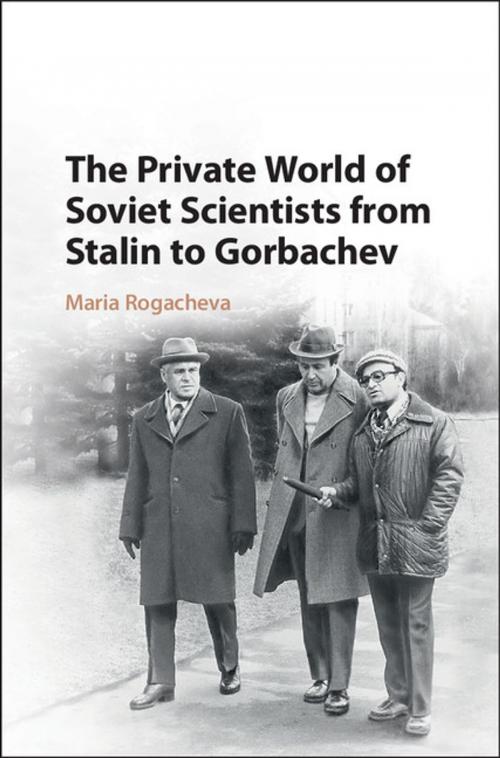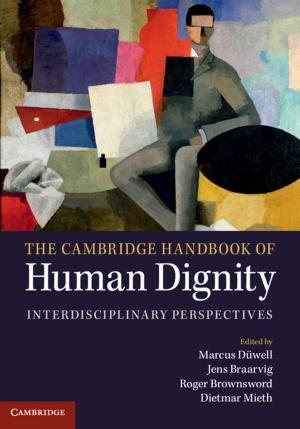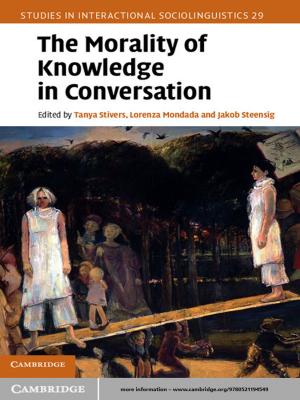The Private World of Soviet Scientists from Stalin to Gorbachev
Nonfiction, History, Eastern Europe, Science & Nature, Science| Author: | Maria Rogacheva | ISBN: | 9781108169271 |
| Publisher: | Cambridge University Press | Publication: | July 10, 2017 |
| Imprint: | Cambridge University Press | Language: | English |
| Author: | Maria Rogacheva |
| ISBN: | 9781108169271 |
| Publisher: | Cambridge University Press |
| Publication: | July 10, 2017 |
| Imprint: | Cambridge University Press |
| Language: | English |
Rogacheva sheds new light on the complex transition of Soviet society from Stalinism into the post-Stalin era. Using the case study of Chernogolovka, one of dozens of scientific towns built in the USSR under Khrushchev, she explains what motivated scientists to participate in the Soviet project during the Cold War. Rogacheva traces the history of this scientific community from its creation in 1956 through the Brezhnev period to paint a nuanced portrait of the living conditions, political outlook, and mentality of the local scientific intelligentsia. Utilizing new archival materials and an extensive oral history project, this book argues that Soviet scientists were not merely bought off by the Soviet state, but that they bought into the idealism and social optimism of the post-Stalin regime. Many shared the regime's belief in the progressive development of Soviet society on a scientific basis, and embraced their increased autonomy, material privileges and elite status.
Rogacheva sheds new light on the complex transition of Soviet society from Stalinism into the post-Stalin era. Using the case study of Chernogolovka, one of dozens of scientific towns built in the USSR under Khrushchev, she explains what motivated scientists to participate in the Soviet project during the Cold War. Rogacheva traces the history of this scientific community from its creation in 1956 through the Brezhnev period to paint a nuanced portrait of the living conditions, political outlook, and mentality of the local scientific intelligentsia. Utilizing new archival materials and an extensive oral history project, this book argues that Soviet scientists were not merely bought off by the Soviet state, but that they bought into the idealism and social optimism of the post-Stalin regime. Many shared the regime's belief in the progressive development of Soviet society on a scientific basis, and embraced their increased autonomy, material privileges and elite status.















